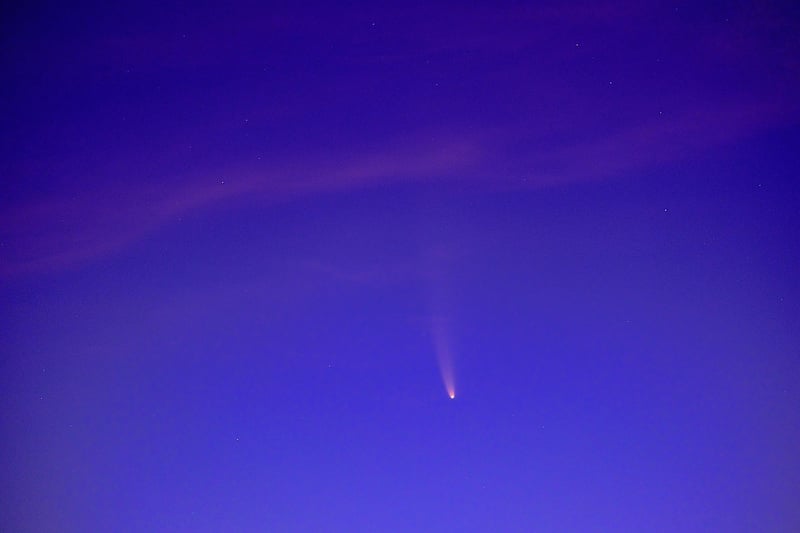Track Comets
Exploring the Mysteries of the Universe: Comet Tracking
As we gaze up at the night sky, we are met with a vast expanse of stars, planets, and other celestial bodies. The universe is filled with fascinating phenomena that continue to intrigue scientists and stargazers alike. One such phenomenon that captivates our attention is comets.
What are Comets?
Comets are icy remnants from the early formation of our solar system. These celestial objects consist of dust, rock, water ice, and frozen gases. When they approach the sun, the heat causes the ice to vaporize, creating a glowing coma and tail that are visible from Earth.

Tracking Comets
Tracking comets is essential for understanding their behavior, composition, and potential impact on Earth. Scientists use telescopes and specialized instruments to monitor the trajectory of comets as they journey through the solar system.
How to Track Comets?
- Observation: Astronomers observe comets using powerful telescopes to determine their position, speed, and brightness.
- Calculations: By analyzing the data collected, scientists can calculate the orbit of the comet and predict its future path.
- Monitoring: Continuous monitoring allows researchers to update their predictions and study any changes in the comet's behavior.
Why Track Comets?
Tracking comets is crucial for several reasons:
- Understanding the origins of our solar system
- Assessing potential impact hazards on Earth
- Studying the composition of comets to learn more about the early solar system
By tracking comets, scientists can unravel the mysteries of these celestial wanderers and gain valuable insights into the history and evolution of our solar system.
So, the next time you look up at the night sky and spot a comet streaking across the heavens, remember that it represents a fascinating piece of our cosmic puzzle.

Let's continue to explore the wonders of the universe and unlock its secrets one comet at a time.
Keep gazing at the stars and marveling at the beauty of comets as they dance through the cosmos!
